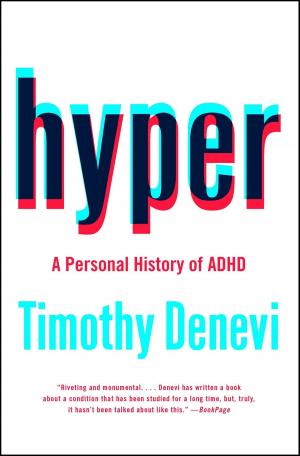| Author: | B. A. (Beverly) Smith | ISBN: | 9781310061615 |
| Publisher: | B. A. (Beverly) Smith | Publication: | May 7, 2014 |
| Imprint: | Smashwords Edition | Language: | English |
| Author: | B. A. (Beverly) Smith |
| ISBN: | 9781310061615 |
| Publisher: | B. A. (Beverly) Smith |
| Publication: | May 7, 2014 |
| Imprint: | Smashwords Edition |
| Language: | English |
I hear too often “There is nothing I can do to help”; when friends and family are talking about the depressed or suicidal person. I always feel the need to interject, to let them know that this is simply untrue. Invariably someone will say something to the effect that they don’t have the degree or the medical training, they don’t have what it takes to help. I often have to agree with the degree and training thing. But most everyone I have ever met has the basics to be able to help, plus they have a relationship with the person that I may never be able to form.
These basics are as follows: eyes - the ability to see, two ears and one mouth - the ability to listen twice as much as you speak, and a heart - to care. Add to this sound Knowledge of the problem, the Desire to help, and liberal dashes of a compassionate empathetic attitude. Top it off with the mindset that you can and will be helpful, whenever and as often as needed. Sounds simple enough, doesn’t it. But that is not to say that it will be easy. You must make sure that you can focus on the person and their pain, whether it makes sense to you or not.
The next statement is usually something to the effect of “I don’t know how to talk to them anymore“, and the question is generally “But what do I say?” You have to start with thinking about what you want to say. In truth you really don’t have to say much at all. If you truly care, then it will show. Just make sure that what you say is sincere and supportive, and don’t make any promises that you can’t keep. Here is a collection of 68 of those supportive statements that might help you get started.
B. Smith AA, BS, RN
I hear too often “There is nothing I can do to help”; when friends and family are talking about the depressed or suicidal person. I always feel the need to interject, to let them know that this is simply untrue. Invariably someone will say something to the effect that they don’t have the degree or the medical training, they don’t have what it takes to help. I often have to agree with the degree and training thing. But most everyone I have ever met has the basics to be able to help, plus they have a relationship with the person that I may never be able to form.
These basics are as follows: eyes - the ability to see, two ears and one mouth - the ability to listen twice as much as you speak, and a heart - to care. Add to this sound Knowledge of the problem, the Desire to help, and liberal dashes of a compassionate empathetic attitude. Top it off with the mindset that you can and will be helpful, whenever and as often as needed. Sounds simple enough, doesn’t it. But that is not to say that it will be easy. You must make sure that you can focus on the person and their pain, whether it makes sense to you or not.
The next statement is usually something to the effect of “I don’t know how to talk to them anymore“, and the question is generally “But what do I say?” You have to start with thinking about what you want to say. In truth you really don’t have to say much at all. If you truly care, then it will show. Just make sure that what you say is sincere and supportive, and don’t make any promises that you can’t keep. Here is a collection of 68 of those supportive statements that might help you get started.
B. Smith AA, BS, RN















